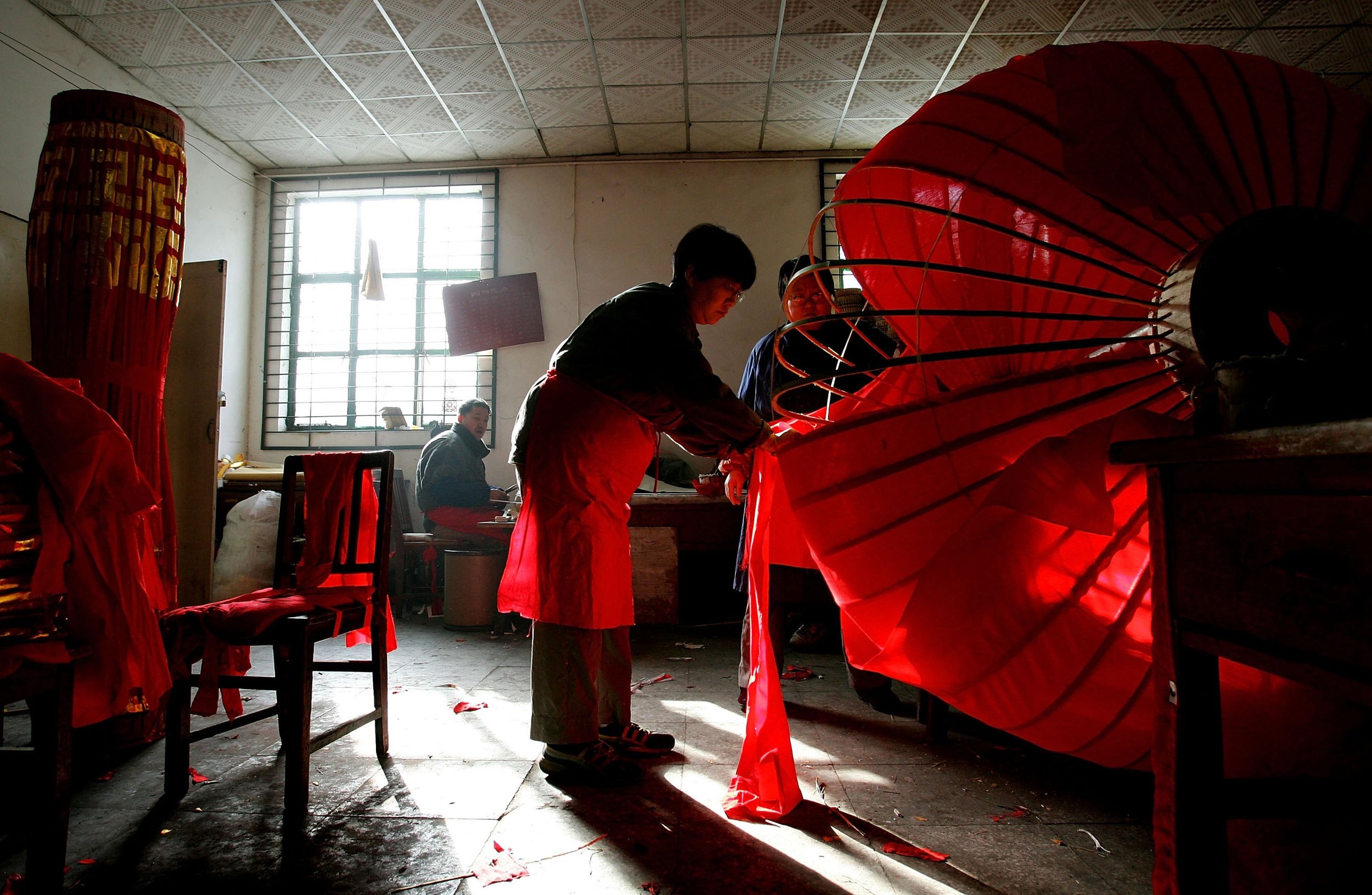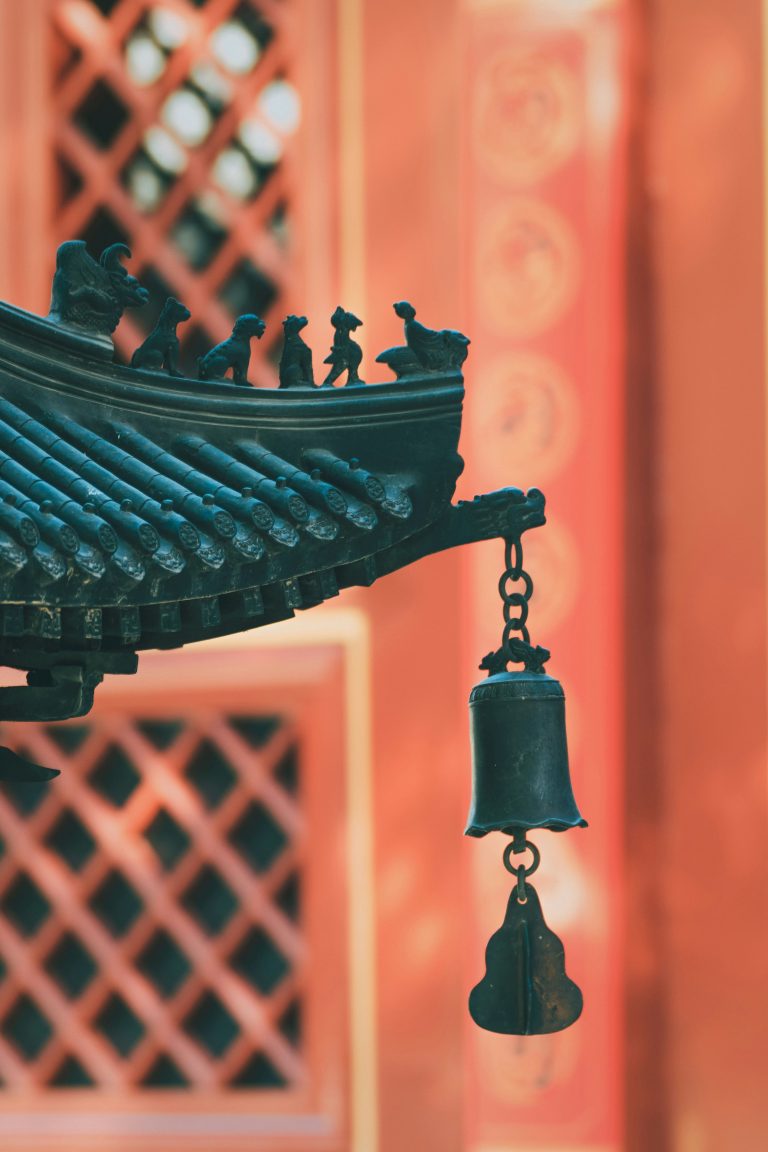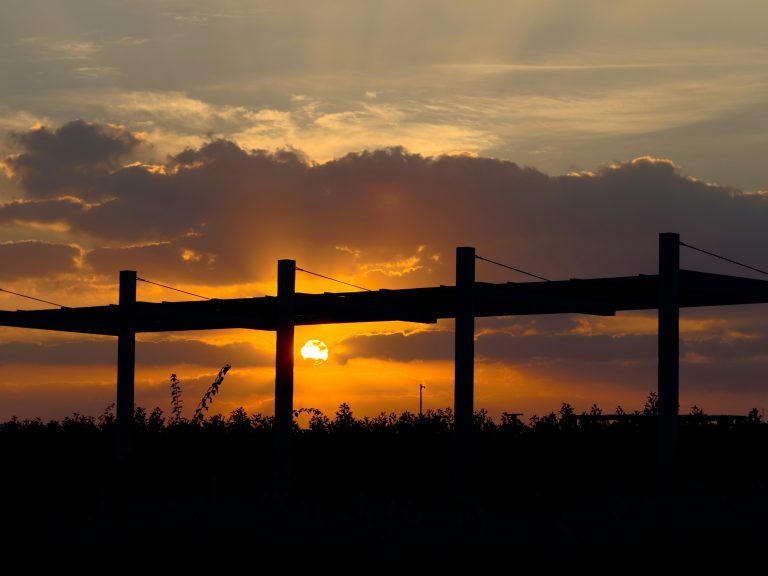
Editor’s note: CP initially shared this post in 2015. It comes from a Chinese house church pastor’s reflections for his congregation on the gospel’s interaction with Chinese New Year.
Only after putting my faith in the Lord, did I realize that I have intelligence, but no wisdom. I have foresight, but not insight; am shrewd, but not smart; enlightened, but not civilized. Actually, when I am proud, I cannot compare with Zhuge Liang’s humility. [Zhuge Liang was an ancient Chinese strategist and very famous historical figure.] He was advanced in knowledge and wisdom, but called himself孔明 (Kongming, or “slightly lit”). I, on the other hand, pretended that I could see through everything under the sun.
Old folks say that as each year passes, it passes with sadness, because the Chinese Spring Festival [Chinese New Year] is a tradition that idealizes clan community. This is an exclusive culture and life philosophy. In a land without religion, people are linked together by blood ties. In this holiday celebration, we keep away those who do not belong to us. Only by excluding those who do not belong to us, can a fictitious happiness arrive on schedule.
Therefore, for those reunited with their families, this so-called “Spring Festival” is a holiday that puts the lonely and widowed on public display. This so-called “Spring Festival” is an abysmal season for those who do not have a home, or who cannot go home. Each Spring Festival, a part of society is once again abandoned. Spring Festival is much like a counterfeit judge who keeps people outside, where there will be weeping and gnashing of teeth.
The worldly ideal of Spring Festival requires an endless process of reunion and abandonment. It does not point toward true family-oriented values. If Spring Festival ever shed itself of Confucian clan heritage, it would be completely unable to portray or define the ideal of a holistic family. Even when a man and a woman from different families “…leave their fathers and their mothers and become one flesh” (Genesis 2:24, Mark 10:7, 1 Corinthians 6:16, Ephesians 5:31), within this family unit, Spring Festival still creates endless separation. Should we celebrate with the wife’s parents, or celebrate with the husband’s parents? Be exclusive or be open? Family or neighbors? Church or temple? Today’s Spring Festival cannot support and comfort a transcendent social ideal, in which “…there is neither Jew nor Greek, there is neither slave nor free, there is no male and female, for you are all one in Christ Jesus” (Galatians 3:28). Even the cultural power that unites the families of the husband and the wife is completely annihilated.
Since ancient times, China has had only the empty ideal of “brotherhood within the four seas,” but it could not catch the promise of “Behold, how good and pleasant it is when brothers dwell in unity” (Psalm 133:1). For one hundred years, China has only had the empty language of “equality before the law,” and cannot realize the miracle of “…the Word became flesh and dwelt among us, full of grace and truth” (John 1:14). When a society has been fragmented and families split, all that is left in the holiday’s social and religious meaning is exclusion of aliens.
Our fathers, year after year, carefully review the guest lists for Spring Festival celebrations and National Day banquets, just like a captain pouring over old naval charts while navigating through a perfect storm. And today, more and more companies have begun to organize their own Spring Festival galas and New Year’s Eve dinners. What is happening in today’s China is an unprecedented battle over value systems and a sense of belonging. Not only in politics, but many, many beautiful things have been “harmonized” by the holiday; even part of the Christian faith has been inevitably “harmonized” again and again.
This week, Taipei’s central television station set up a two-part interview with me concerning the question, “How do Christians celebrate the Spring Festival?” I am surprised by their astuteness toward our time. Lord Jesus’s church in China has already formed into a Christian community. We must either impact the way of living of other Chinese people or be encumbered ourselves by their way of living.
When Jesus was with the people, someone told him, “Behold, you mother and your brothers are standing outside, asking to speak to you.” But he replied to the man, “Who is my mother, and who are my brothers?” And stretching out his hand toward his disciples, “Here are my mother and my brothers!” (Matthew 12:47-49)
Brothers and sisters, does Spring Festival belong to them or does it belong to us? In the final analysis, it belongs to us. Among a Jesus-resistant people group, the highest ideal can only be fragmentation. If we do not eradicate the root problem, the country cannot be saved. If Spring Festival does not undergo a rebirth, it will become a great tragedy in Chinese culture.
For those brothers and sisters who are returning home, I hope that you can carry the gospel and its ideal to your families. I pray that the married couples in this city will open up their doors and celebrate the Spring Festival with those who cannot go home. I also hope that you can step outside the door and bring your family to church to worship God.
Only we have the Spirit-filled wisdom in Christ. Only we are consecrated to be his holy priests this Spring Festival. It is not Spring Festival, but us, who are selected by God for himself to be “humanity’s intangible cultural heritage.”































